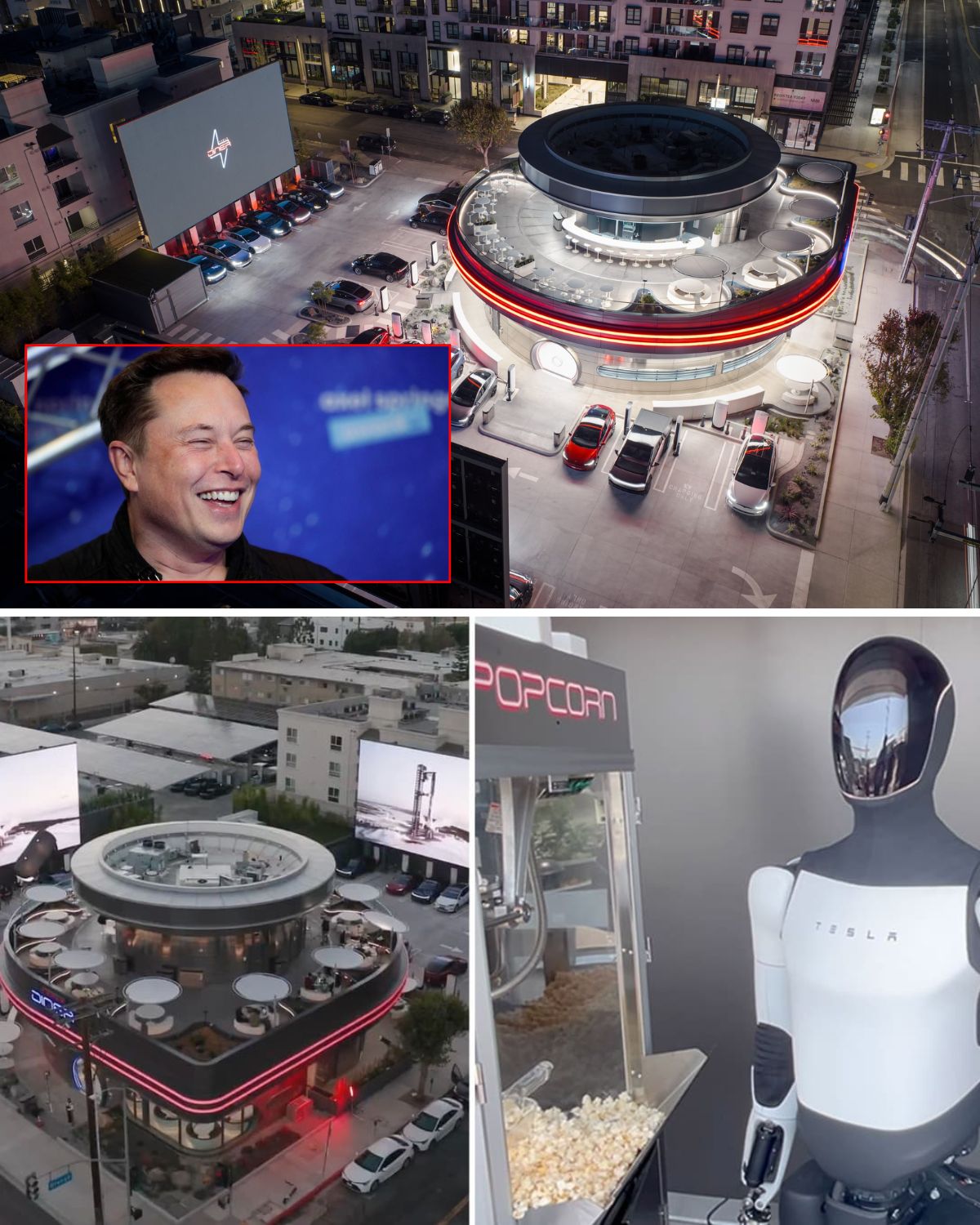In a dramatic escalation of a long-standing ideological feud, tech mogul Elon Musk and billionaire philanthropist George Soros have taken their rivalry to new heights. The conflict, rooted in their divergent views on free speech and government intervention, intensified after Musk’s acquisition of Twitter, now rebranded as X. Musk’s vision of the platform as a bastion of free speech clashed with Soros’s concerns about potential misinformation and hate speech proliferation, prompting Musk to question the motives behind Soros-backed opposition groups.

Musk’s recent comments likening Soros to Magneto, a comic book villain known for his manipulative behavior, sparked outrage and accusations of anti-Semitism. Critics, including the Anti-Defamation League, condemned Musk’s remarks as dangerous and reminiscent of harmful stereotypes about Jewish people wielding secretive global power. Despite the backlash, Musk has remained defiant, framing Soros’s influence as a threat to societal stability, particularly in relation to his funding of progressive district attorneys who Musk claims are soft on crime.
The feud has financial implications as well, with Soros’s investment firm recently offloading a significant portion of its Tesla shares, raising questions about confidence in Musk’s leadership. This move is interpreted by some as a calculated strike amid Tesla’s volatility, while others view it as a prudent financial decision.
At its core, the Musk-Soros conflict represents a broader ideological battle: Musk champions free-market innovation as the key to solving global challenges, while Soros advocates for government oversight to address systemic issues like inequality and climate change. As the two continue to clash, their rivalry could reshape discussions on the role of wealth, regulation, and innovation in society.
This ongoing confrontation is not merely a personal feud; it embodies a struggle over the future direction of global capitalism. With both figures wielding significant influence, the outcome of their conflict may well dictate how society navigates the pressing challenges of the 21st century. The stakes are high, and as public discourse intensifies, the world watches to see which vision will prevail.
